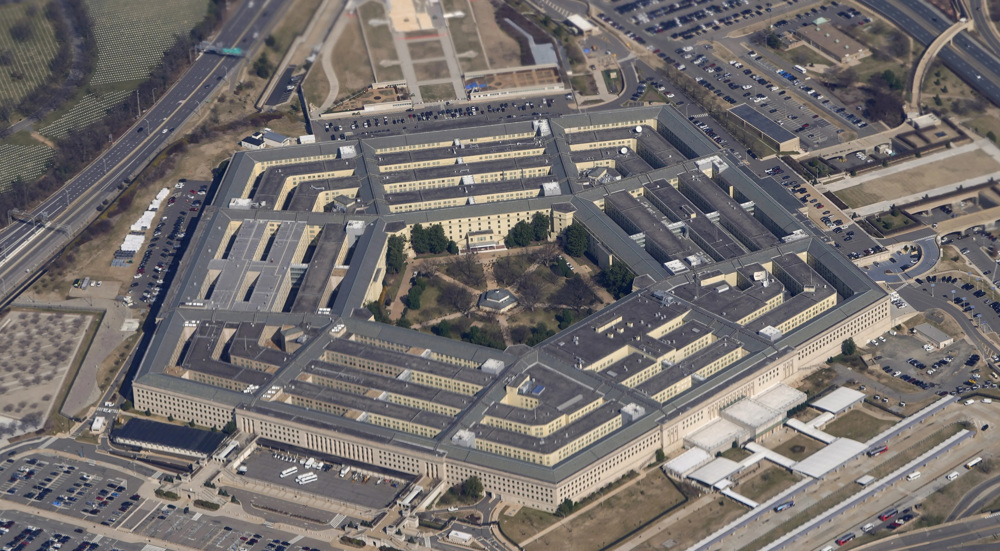Saudi King to abdicate throne in favor of son: Report
A report says Saudi King Salman bin Abdulaziz Al Saud plans to renounce power in favor of his son, who is currently the second in line to the throne but is widely believed to be the real ruler.
The report by the Institute for [Persian] Gulf Affairs quoted multiple highly-placed sources as saying that the ailing 80-year-old ruler has been seeking to transfer power to his son Mohammed, the deputy crown prince and defense minister.
The sources did not give a specific date for the abdication but said the issue will be concluded within a matter of weeks.
According to sources familiar with the matter, the current crown prince Mohammad bin Nayef will also be removed from his positions as the crown prince and the minister of interior.
This as the order of succession in Saudi Arabia stipulates that the throne go to bin Nayef, an American favorite, who has been gradually marginalized by his younger cousin and the king’s son, Mohammed.
It comes amid reports of a fierce battle going on for power in the kingdom. King Salman named Mohammad as defense minister shortly after ascending to the throne.
The current Oil Minister Ali al-Naimi, a technocrat and not a royal by blood, is also said to be replaced by Abdulaziz bin Salman, another son of the king.
The sources also pointed out that King Salman has been visiting his brothers to seek their support for a change in succession order.
The king is attempting to convince his brothers that the stability of the Saudi monarchy needs a change of the succession from lateral lines to a vertical order under which the king hands power to his most eligible son.

In October last year, The Times Daily quoted a dissident prince as saying that 80 percent of the royal family support his call for a palace coup d'état against Salman along with his two anointed successors.
The prince, whose name was not revealed for security reasons, had earlier written two letters calling for a revolt within the royal ranks.
The letter also called on the 13 surviving sons of Ibn Saud to instigate a coup.
“They have to isolate the powerless King Salman, the excessively arrogant, reckless Crown Prince Mohammad bin Nayef [and] the one who devastates the homeland, Crown Prince Mohammad bin Salman,” it said.
Since the establishment of Saudi Arabia as an absolute monarchy in 1932, the system has been effectively known as a hereditary dictatorship and monarchy.
The kingdom is struggling with plummeting oil prices. The Al Saud regime also faces criticism over its deadly military campaign against neighboring Yemen, which it launched on March 26.
Many also see Riyadh's policies as a major cause of the crises in the region, especially in Syria and Iraq.
48-year-old Palestinian man serving 48 life terms completes 22 years in Israeli jails
From MKO to Tondar, how Germany became safe haven for anti-Iran terror groups
Hamas open to any proposal aiming to end Gaza war: Hamdan
Role of private sector in Iran’s thriving space industry
Four Palestinians killed in Israeli strikes on West Bank
Iran warns of ‘calculated, precise’ response to Israeli aggression
After year-long genocide, Israeli military hires private firms to flatten buildings in Gaza
Malaysia working on resolution to expel Israel from United Nations















 This makes it easy to access the Press TV website
This makes it easy to access the Press TV website